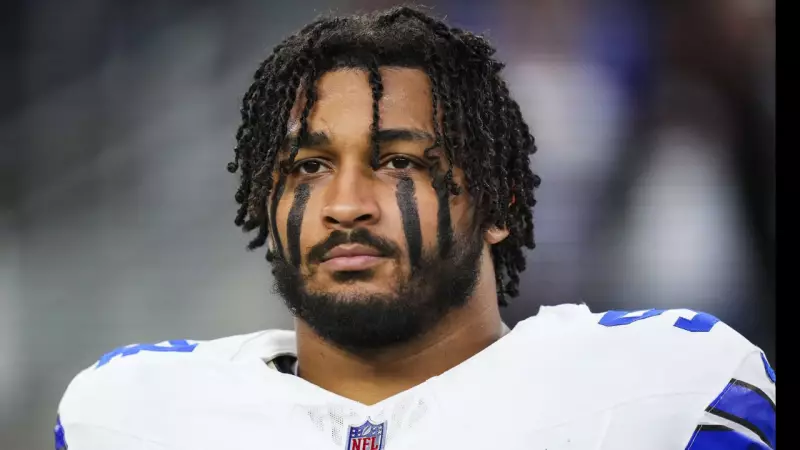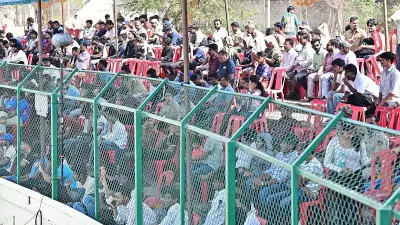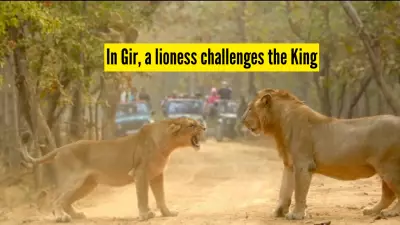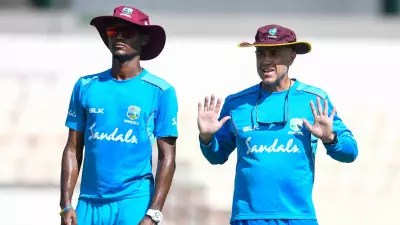
In a development that has sent shockwaves through the sports community, newly released audio recordings have unveiled the haunting final moments before the tragic death of promising NFL prospect Marshawn Kneeland. The chilling police dispatch tapes provide a heartbreaking glimpse into the circumstances surrounding the young athlete's untimely demise.
The Disturbing Dispatch Call
The recently surfaced audio captures a tense exchange between dispatchers and responding officers, with one particularly ominous statement standing out: "He will end it all." These four words now serve as a tragic foreshadowing of the events that would unfold, painting a picture of a young man in profound distress.
A Promising Career Cut Short
Marshawn Kneeland, a standout defensive end from Western Michigan University, was on the cusp of realizing his NFL dreams. At just 22 years old, he had demonstrated exceptional talent on the field, with many scouts predicting a bright future in professional football. His sudden death has left teammates, coaches, and the entire sports community reeling.
The Mental Health Conversation in Sports
This tragedy has reignited crucial conversations about mental health support for athletes, particularly those transitioning from college to professional sports. The immense pressure faced by young prospects, combined with the public scrutiny and high expectations, can create overwhelming challenges that often remain hidden from public view.
Warning Signs and Prevention
Mental health experts emphasize the importance of recognizing early warning signs and providing accessible support systems for athletes. The sports world is now grappling with difficult questions about how to better protect young talents who may be struggling silently with psychological burdens.
Community and Family Impact
The loss has been particularly devastating for Kneeland's family, friends, and the Western Michigan University community. Teammates remember him as not just a talented player, but as a beloved friend and dedicated student-athlete whose potential was limitless.
As investigations continue and the sports world mourns, this tragedy serves as a stark reminder of the invisible battles many athletes face behind their public personas. The haunting audio dispatch will likely fuel ongoing discussions about mental health resources and support systems within athletic programs across the country.






